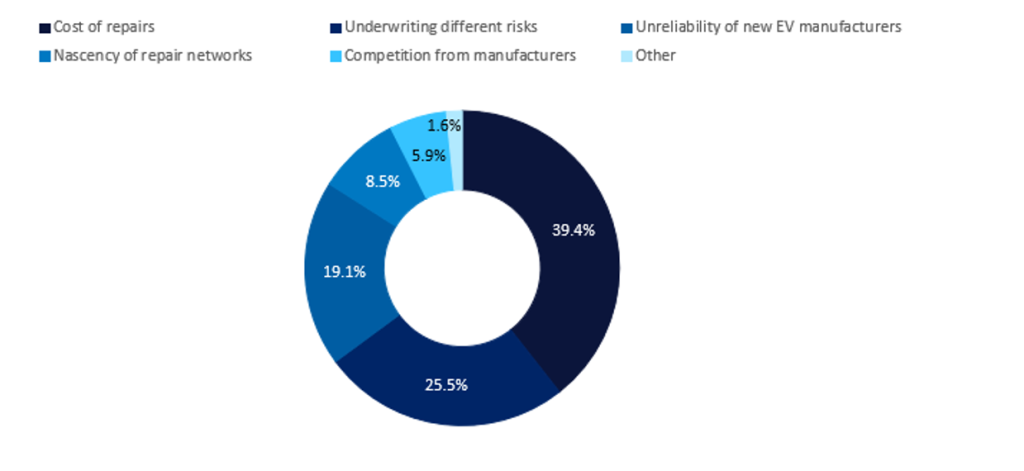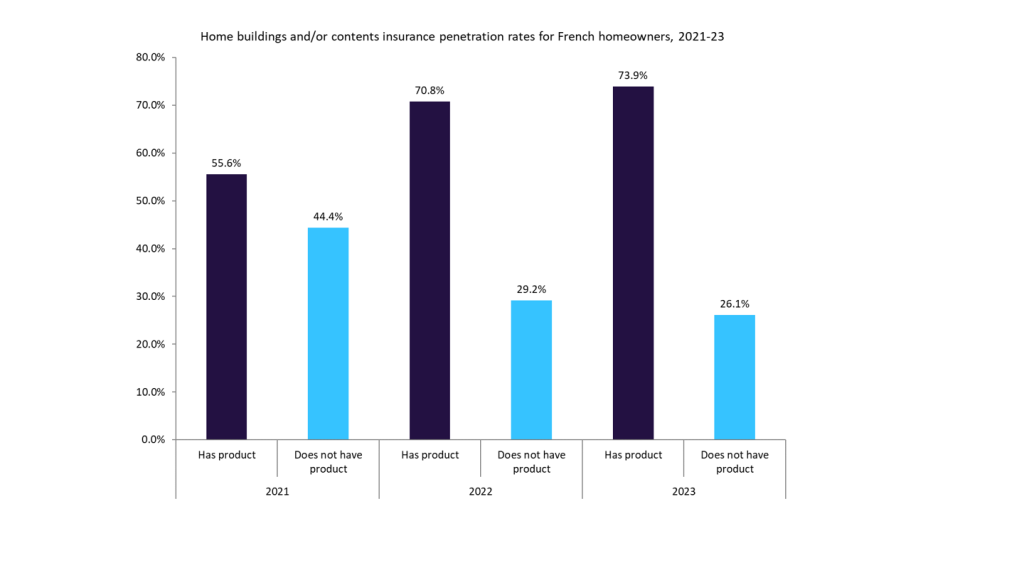While most US life insurers struggled to achieve sales growth in
2009, Lincoln Financial hit the jackpot with MoneyGuard, its
product featuring a combination of life and long-term care cover.
Charles Davis discusses MoneyGuard with two senior
Lincoln executives closely involved in its success story.
US life insurer Lincoln Financial Group has used its signature
universal life/long-term care combo product (see
Combo products come into their
own) to thrive in tough times, as its customers
enter their retirement planning phase in the midst of a tumultuous
market.
While overall Lincoln’s operating
units experienced sales declines generally mirroring those of the
industry, its MoneyGuard combo product posted eye-popping 30%
growth last year, Michael Hamilton, associate vice-president and
linked benefits manager for Lincoln Financial, told
LII.
That growth follows last year’s
record-breaking sales for MoneyGuard. As of 30 September 2009,
Lincoln Financial had posted $290.1m (first-year paid premiums) in
Lincoln MoneyGuard Reserve sales year-to-date, up 17% over the
prior year’s same-time-period sales of $247.7m.
“MoneyGuard’s success dates back
years now, and we have certainly weathered the storm well,” said
Hamilton. “The demographics certainly are moving in our favour. It
is helping people plan and prepare for a long-term care [LTC] need,
and that really resonates as baby boomers have gone through the
care of their parents and in-laws.”
How well do you really know your competitors?
Access the most comprehensive Company Profiles on the market, powered by GlobalData. Save hours of research. Gain competitive edge.

Thank you!
Your download email will arrive shortly
Not ready to buy yet? Download a free sample
We are confident about the unique quality of our Company Profiles. However, we want you to make the most beneficial decision for your business, so we offer a free sample that you can download by submitting the below form
By GlobalData
Well-timed
offering
MoneyGuard, which Lincoln has
offered for nearly two decades now, was well-suited to trying
economic times and a greying market. It is a single-premium
universal life insurance policy with a long-term-care rider, so
that if long-term care is never needed, the insured’s beneficiaries
still receive the death benefit. If LTC is needed, the client can
draw from tax-free proceeds made available from the death
benefit.
The money back guarantee is
provided by a return of premium rider, which may be included at
issue on single premium and certain flexible premium policies. The
amount of premium returned is adjusted for any benefits paid, any
loans or withdrawals taken, and it may have tax implications.
“Through selecting this product, if
the insured needs long-term care, an acceleration of the life
insurance benefit along with an optional LTC extension of benefit
rider can provide tax-qualified LTC protection. In the event no LTC
need arises, the death benefit provides an income tax-free legacy
plan. All of this is accomplished without sacrificing control over
the asset, through a contractual return of premium feature,” said
Michael Burns, senior vice-president, Individual Life Product
Management of the Insurance Solutions Division.
The product also has a cash value,
so that policyholders can choose to get some or all of their money
back before accessing benefits.
“It’s a product ideally suited for
the conversation that so many of us have about taking care of
ourselves into retirement, while also looking out for our heirs,”
said Hamilton.
Lincoln has sold the MoneyGuard
product strongly in its traditional high-net worth protection
markets, estate planning and wealth transfer, selling through
brokerage, banks, wirehouses (multi-branch brokers), retail and
agents. Hamilton said that there still is plenty of room for growth
in its existing channel mix.
“We see lots of room for growth
with the combo product, because we see the generation of Baby
Boomers going through this tortuous process of taking care of their
aging parents, and they see first-hand how important long-term care
is – and how expensive it can be without some sort of protection
upfront,” he said.
Huge
opportunity
Surprisingly, despite the growing
consumer need and ever-increasing life expectancies, only a small
percentage of the market for LTC insurance has been penetrated.
Traditional long-term care insurance is often viewed as a ‘use it
or lose it’ cost because if the insurance is never needed, the
assets used to fund the premiums are lost.
Advisers noted that clients were
still having a hard time talking about LTC insurance and how they
will pay for it because of depleted investment portfolios. This
year, 65.4% of the polled advisers in financial services
publication InvestmentNews’ 2010 Insurance Product
Survey said that it has become more difficult to get clients
to think about paying for LTC insurance, up slightly from 62.8%
last year.
That has not stopped advisers from
recommending LTC insurance. Of those surveyed, 58.8% said they were
recommending it to a greater degree than in the past. That is up
from 44.9% last year.
Still, 41.2% of advisers said they
were not recommending LTC coverage to a greater degree than in the
past. “Cost” was the top reason for not recommending it, cited by
43% of the advisers. “Prefer to self-insure” and “client doesn’t
need it” followed, cited by 26.3% and 25.4% of advisers,
respectively.
Clients’ worries about paying for
LTC insurance may have helped ease advisers into recommending
hybrid products, combining it with life insurance or annuities.
Half of the polled advisers said they are recommending these
hybrids more often than in the past.
Good value
Lincoln’s MoneyGuard product
addressed that “use it or lose it” concern by offering a protection
option that addresses the need for long-term care while resolving
client concerns about overall value.
The equities market certainly helps
make combo products even more appealing, Hamilton said.
“Volatility means that fixed
products are going to sell, and when you add the LTC rider, with a
death guarantee, you really have a compelling offer to make,”
Hamilton said, adding that the typical target market for MoneyGuard
is clients from 55 to 80 who have $250,000 in investable
assets.
He added: “These folks have looked at traditional long-term care
and determined it’s not a good fit for them and have decided
instead to self-insure instead, perhaps earmarking some of those
assets for long-term care, so we can turn to them and say: ‘Hey,
let’s reposition some of those dollars into this LTC combo product
and make those dollars work harder.’”







